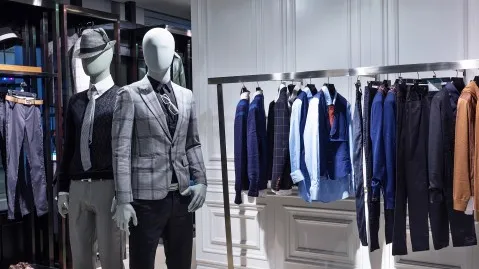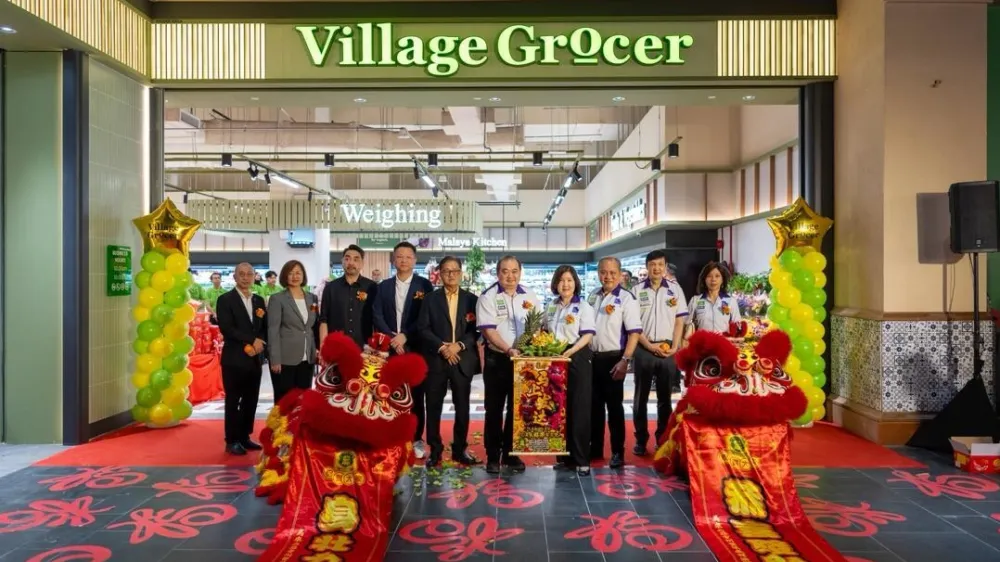
Southeast Asia's luxury retail industry shows resilience: report
The fast-growing wealth in the country is expected to boost domestic spending.
The COVID-19 pandemic has generated significant operational and revenue challenges in Asia Pacific’s retail sector over the past two years, but the luxury industry has shown remarkable resilience in the region, according to a report from Savills.
Quoting Bain & Company, the report noted that Asia is now the biggest luxury marketplace globally, surpassing Europe and the Americas in 2019. This dominance strengthened further in 2021, with personal luxury goods sales in Asia rising to $114.06b (€112b), accounting for about 39% of all global sales.
The market is divided between countries where domestic activity has supported sales and driven recovery and those which have suffered badly due to the lack of tourism and travel, Savills noted.
READ MORE: APAC, US to drive global luxury apparel market growth: report
Local consumption is expected to support leasing demand, lending resilience to the region’s mature markets, such as the tier-1 cities of mainland China, Tokyo and Seoul.
Meanwhile, many destinations in Southeast Asia have been hit hard by the absence of high-spending international tourists, with rents correcting by 2.6% (Kuala Lumpur) to nearly 43.7% (Jakarta) between 2019 and 2021.
The near-term outlook for 2022 is still clouded by downside risks including the future course of the pandemic, but the effect of these deterrents is expected to fade over time as the pandemic eases and structural demand drivers begin to reassert themselves.
“Southeast Asia is set to thrive in the coming decade, with its rising population, fast-growing wealth and rapid urbanisation. Its increase in wealth should translate into higher domestic spending,” Savills said.
Moreover, ASEAN is also home to many tourist hotspots, attracting millions of visitors in the pre-covid era. Mastercard noted that six of the global top 20 destination cities by international overnight visitors are in Southeast Asia, namely Bangkok, Singapore, Kuala Lumpur, Phuket, Pattaya and Bali.
“This heavy reliance on inbound tourism demand has been detrimental to their retail markets over the past two years, yet this volatility also implies that these markets may see a speedier recovery once business resumes,” the report added.
Compared with the rest of the world, Asia Pacific has been relatively slower to reopen, with major markets such as Hong Kong, Japan, Taiwan and mainland China continuing to impose relatively tighter border control policies.
Meanwhile, most Southeast Asian countries including Indonesia, Malaysia, Singapore, and the Philippines have selectively opened their borders to vaccinated travellers, meanwhile Cambodia, Thailand and Vietnam have lifted most if not all COVID-related restrictions.
“As such, we expect these Southeast Asian markets may enjoy first-mover advantages in the short term,” Savills said.



















 Advertise
Advertise






